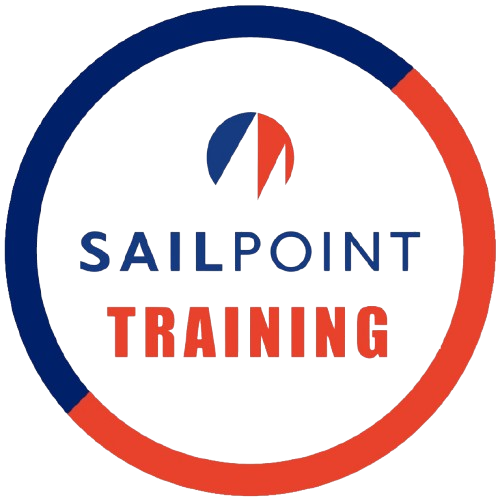Introduction
Have you ever found yourself lost in a sea of jargon while exploring SailPoint training? You’re not alone. The world of Identity Governance can often feel intimidating with its plethora of terms and definitions. But fear not! This article serves as your compass, guiding you through a glossary of common terms and their meanings that are essential for navigating the landscape of SailPoint and Identity Management.
Understanding Key SailPoint Concepts
When embarking on your SailPoint training journey, it’s crucial to grasp the foundational concepts that govern the platform. Here’s a look at some of the most common terms you’ll encounter:
- Identity Governance: The policies, processes, and systems used to ensure that the right persons have the right access to the right resources at the right times for the right reasons.
- Access Certification: A periodic review process that allows organizations to confirm that users retain the appropriate access rights based on their roles.
- Role Management: The strategy behind defining and managing user roles to streamline access rights and ensure compliance.
For instance, let’s consider a mid-sized enterprise that implements access certification as a part of their compliance strategy. By regularly reviewing user access through SailPoint, they were able to identify and revoke unnecessary permissions, significantly reducing their security risk.
SailPoint’s Architecture: Key Components Explained
Understanding the architecture of SailPoint is fundamental to leveraging its full capabilities. Here are a few components that are noteworthy:
- IdentityNow: The cloud-based platform offering innovative solutions for automating, optimizing, and governing access.
- Connectors: Tools that integrate SailPoint with different applications to gather identity data seamlessly.
- Policy Enforcement: A set of rules within SailPoint that dictate how identity data should be managed according to organizational policies.
A practical example includes a financial services firm utilizing SailPoint connectors to integrate their existing IT infrastructure. This integration simplified their risk management processes, allowing them to maintain compliance effortlessly.
Key Terminologies in Identity Lifecycle Management
Identity Lifecycle Management is a fundamental area within SailPoint, with its own set of terminologies that are critical for effective governance:
- Provisioning: The process of creating and managing user accounts and access rights on various systems and applications.
- De-provisioning: The reverse process, where access rights are revoked when an employee leaves an organization or changes roles.
- Lifecycle Events: Any changes in a user’s job status, which trigger access role adjustments within the organization.
Consider this real-world scenario: A healthcare provider experiences rapid staff turnover. By leveraging SailPoint’s provisioning and de-provisioning capabilities, they improved their operational efficiency and ensured sensitive patient data remained secure.
The Importance of Compliance Terminologies
Compliance with regulations such as GDPR and HIPAA is mandatory for many organizations. Familiarizing yourself with compliance-related terms is essential:
- Auditing: The process of verifying and validating that identity management practices are compliant with policies and regulations.
- Data Privacy: The management and protection of personal data as per regulatory requirements.
- Regulatory Compliance: Adherence to laws, regulations, guidelines, and specifications relevant to an entity’s business processes.
For instance, companies that proactively audit their identity governance processes not only stay compliant but also cultivate trust among their customers, ensuring a smoother business operation.
Conclusion
In conclusion, a solid understanding of the terminology discussed in this glossary of common terms and their meanings can tremendously enhance your SailPoint training experience. Knowing these terms allows you to effectively communicate, analyze, and implement identity governance strategies that contribute to your organization’s success.
FAQs
What is Identity Governance?
Identity Governance refers to the processes that ensure users have access to necessary resources while maintaining security and compliance within an organization.
Why is Access Certification important?
Access Certification helps ensure that users maintain appropriate access rights, reducing security risks and aiding compliance with industry regulations.
What role does Provisioning play in SailPoint?
Provisioning involves creating and managing user access and accounts across various applications, crucial for maintaining security and user management.
How can SailPoint help with compliance?
SailPoint automates monitoring and auditing practices, making it easier for organizations to adhere to legal regulations and manage compliance risks effectively.
What are Connectors in SailPoint?
Connectors are tools used to integrate SailPoint with other applications to efficiently gather and manage identity data across the organization.
